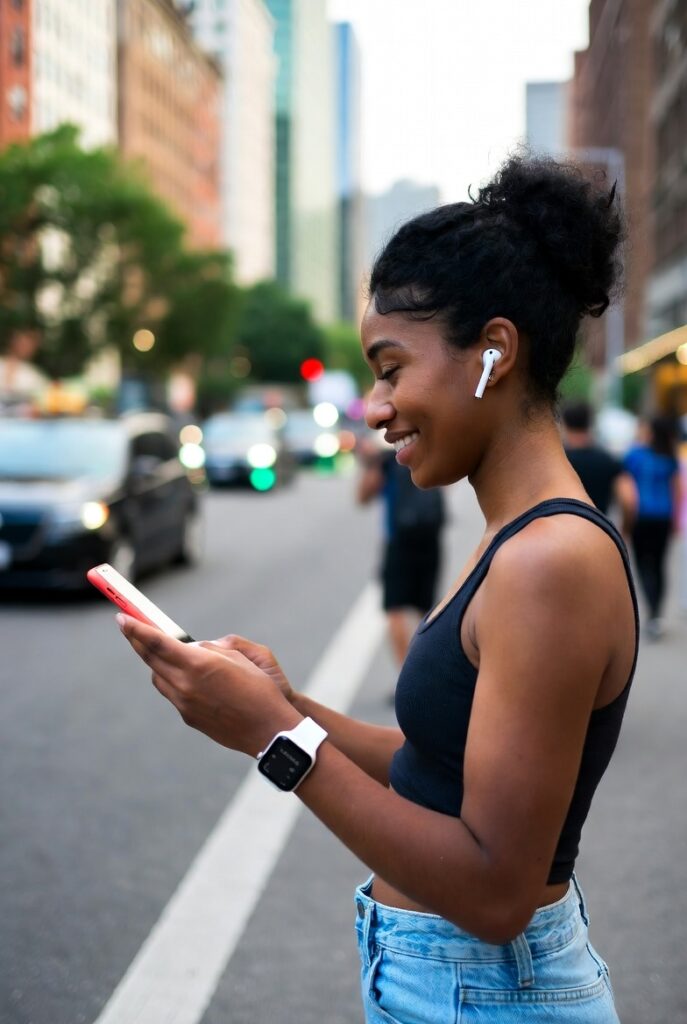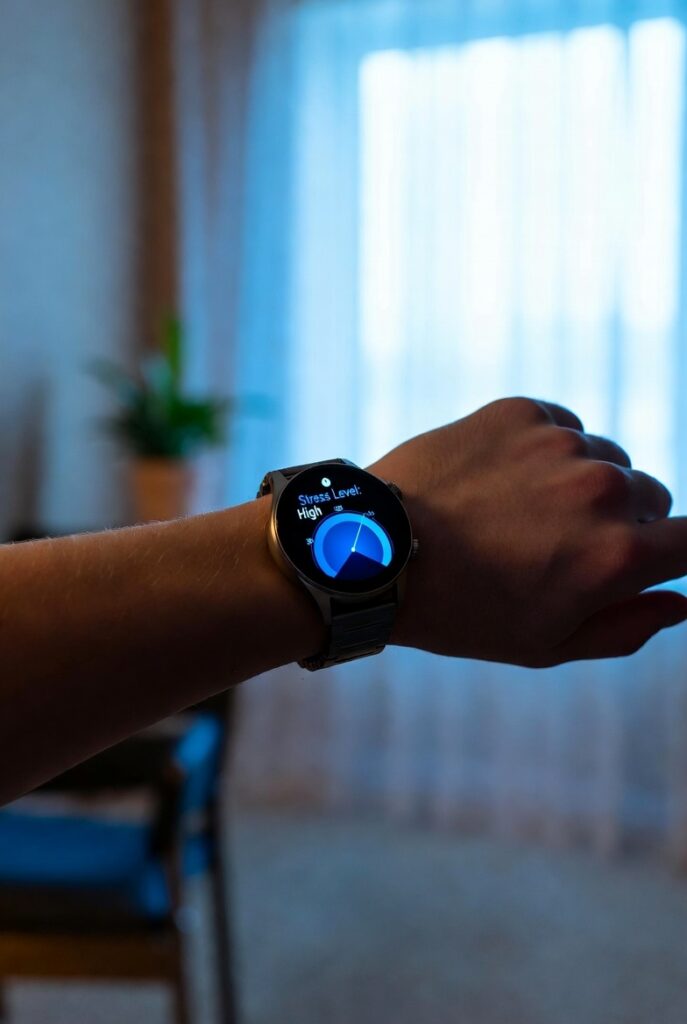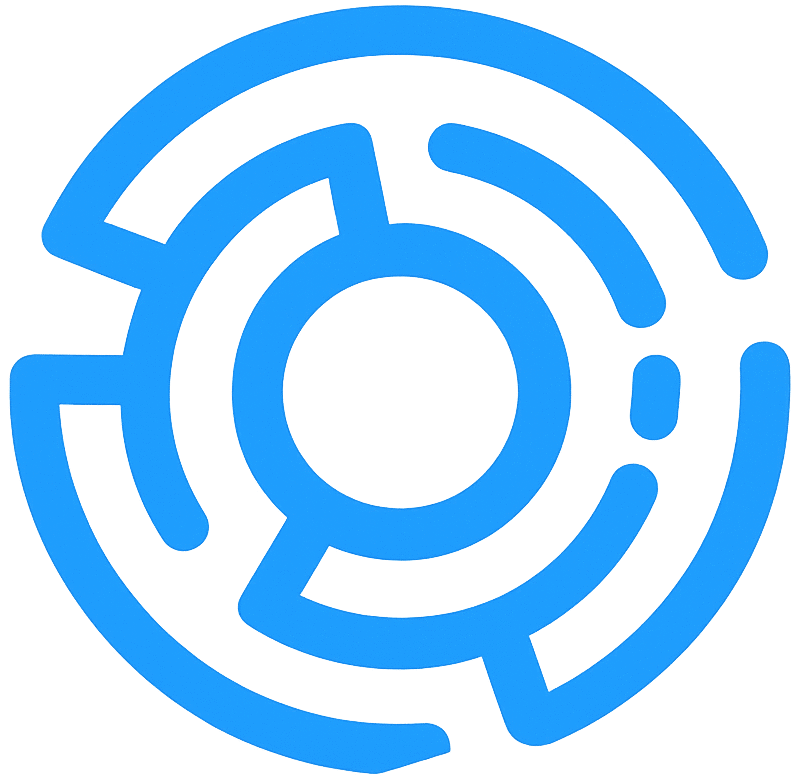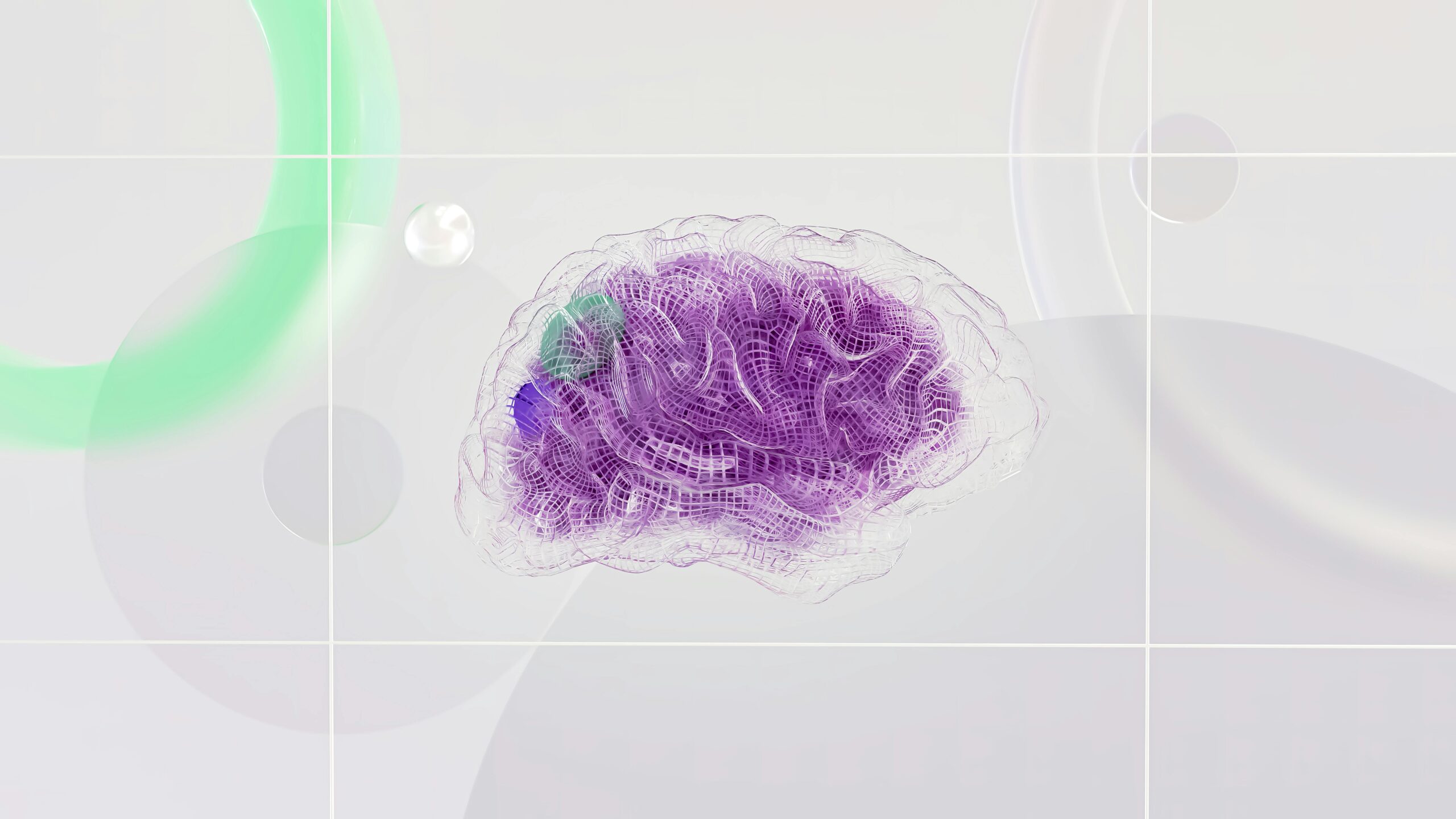Imagine this: You’re juggling a hectic workday, family demands, and that nagging sense of overwhelm creeping in as the holidays approach. Your heart races a bit faster, sleep feels elusive, and suddenly, you’re wondering if burnout is just around the corner. Sound familiar? You’re not alone. Recent reports highlight a startling rise in stress-related issues—over 70% of adults report feeling overwhelmed by daily pressures, according to fresh insights from wellness outlets like Forbes and the Global Wellness Institute. But here’s the hopeful twist: AI is stepping in with predictive stress analytics, a game-changing trend that’s like having a personal guardian angel for your mental health. At Zentechflow, where we blend tech with zen vibes to help beginners find calm in the chaos, we’re all about making wellbeing accessible. Let’s dive into how this innovation could be your secret weapon for a more balanced 2025.
Predictive stress analytics uses AI to forecast stress levels before they spiral, pulling data from wearables, apps, and even your daily habits to spot patterns. Think of it as your smartphone whispering, “Hey, take a breather—tomorrow might be rough.” Benefits? Huge for mental health and stress reduction. It nips anxiety in the bud by alerting you to early signs like erratic heart rate variability or poor sleep quality, as seen in recent updates from tools like Fitbit’s AI features or Oura Ring’s advanced tracking. In real-world scenarios, picture a busy parent getting a gentle nudge to unwind after a tough week at work, preventing that full-blown exhaustion. Or, during the pre-holiday rush, when shopping lists and family gatherings amp up tension, this tech analyzes your bio-data to suggest tailored fixes—like a quick walk or breathing exercise—drawing from breakthroughs shared in TechCrunch articles last week. It’s not just reactive; it’s proactive, fostering long-term resilience and turning potential meltdowns into manageable moments.
So, how can you weave predictive stress analytics into your life to boost wellbeing? It’s easier than you think, especially for beginners dipping their toes into tech for relief. Start simple: Grab a compatible wearable like the latest Fitbit Sense 2, which now integrates AI to predict stress based on your body’s signals. Step one, sync it with a free app—many offer trial periods. Track basics like sleep and activity for a week; the AI crunches the numbers to highlight trends, maybe revealing that late-night scrolling spikes your cortisol. Next, act on insights: If it flags high stress incoming, try a five-minute meditation or delegate a task—small shifts add up. For deeper personalization, combine with emotion-tracking features in apps like those from emerging players mentioned in Wired’s recent roundup. Over time, you’ll build habits that fix imbalances, like adjusting your routine to include more downtime. Remember, it’s about progress, not perfection—I’ve heard from readers who felt empowered just by seeing their data, turning vague worry into actionable calm.
Ready to level up? These Udemy courses will equip you with skills to harness predictive stress analytics, perfect for beginners craving practical tech tweaks. First, “Learning Predictive Analytics with Python” (4.5 stars) covers the basics of forecasting patterns from personal data like stress logs or health metrics—imagine building your own trackers to predict tough days ahead. It’s hands-on, with examples for non-coders, helping you create custom self-care tools. Enroll now and start forecasting your zen!
Then, check out “Artificial Intelligence in Health Care” (4.6 stars), focusing on wellness applications like stress prediction via wearables. Beginners love the step-by-step projects on emotion data, teaching you to build simple AI models for daily burnout alerts—boost your mental health toolkit in weeks. Don’t wait; grab this course and transform how you handle stress!
Finally, “Data Analytics Essentials: Analyze, Visualize, Interpret” (4.5 stars) blends mindfulness with predictive tech, guiding you through app integrations and habit-building algorithms. It’s empathetic and beginner-friendly, with exercises to personalize your analytics setup for lasting relief. Sign up today and unlock a calmer you!

Of course, with great tech comes responsibility. Empathetically speaking, while predictive stress analytics offers incredible support, we must consider privacy—your data is personal, so opt for apps with strong encryption, like those vetted by Healthline. There’s also the risk of over-reliance; AI isn’t a therapist, so blend it with human connections or professional help if needed. It’s about empowerment, not replacement, ensuring everyone feels safe exploring these tools.
In wrapping up, predictive stress analytics isn’t just a trend—it’s a lifeline for reclaiming wellbeing in our fast-paced world. At Zentechflow, we’re excited to see how it helps beginners like you find that ‘Tech para Estar Zen’ balance. Head to Udemy, enroll in these courses, and share your journey on social—let’s spread the calm! Here’s to a stress-smart 2025.

Affiliate Disclosure: This article may include affiliate links to products or services we recommend, such as those from Udemy, Hotmart, Amazon, or Todoist. If you make a purchase through these links, we may earn a small commission at no extra cost to you. These commissions help us keep ZenTechFlow.com running and continue providing valuable tips and reviews to support your journey toward technological wellness. Thank you for your support!

